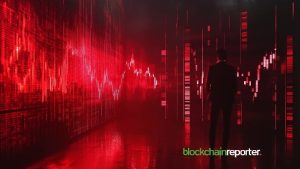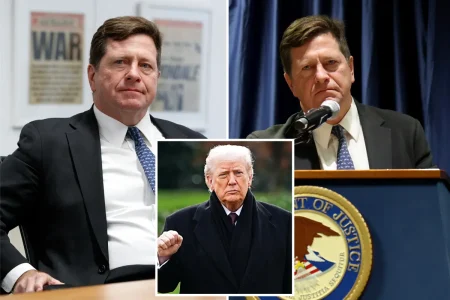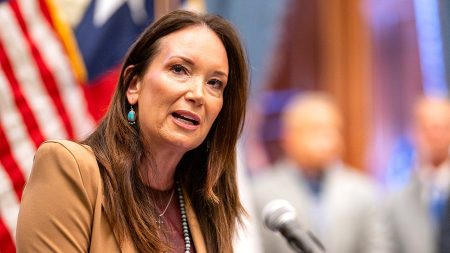The intricate web of deception surrounding the 2008 financial crisis was woven with threads of greed and self-delusion, both individual and systemic. These powerful forces, operating at every level of the financial ecosystem, fueled a relentless pursuit of profit that disregarded underlying risks, ultimately creating a bubble of unsustainable growth. Driven by the allure of seemingly endless riches, mortgage lenders relaxed lending standards to an unprecedented degree, offering loans to individuals with little or no ability to repay. This subprime lending boom was fueled by the insatiable demand for mortgage-backed securities (MBS) from Wall Street investment banks. These banks, blinded by the promise of massive profits, packaged and sold these risky assets to investors worldwide, obscuring the true nature of the underlying loans. Rating agencies, facing conflicts of interest, assigned inflated ratings to these securities, further misrepresenting the risk to investors and perpetuating the illusion of stability. This collective delusion, fueled by greed, allowed the flow of money to continue unchecked, ultimately setting the stage for an economic catastrophe.
The self-deception ran deep. From individual borrowers who believed they could afford homes beyond their means, to lenders who convinced themselves that housing prices would continue to rise indefinitely, a culture of denial permeated the market. This denial allowed individuals to justify their actions, ignoring warning signs and embracing the prevailing narrative of endless prosperity. The complexity of the financial instruments being traded further obscured the underlying risks, creating a sense of security based on perceived sophistication. Financial models, based on flawed assumptions and historical data that failed to account for the unprecedented nature of the subprime lending boom, reinforced this false sense of confidence. The combination of greed and self-deception created a feedback loop where each reinforced the other, driving the market to ever greater heights of instability.
Wall Street’s insatiable appetite for profit played a central role in the crisis. The creation of complex mortgage-backed securities provided lucrative fees for investment banks, incentivizing them to continue packaging and selling these products regardless of the underlying risk. The bonus culture, which rewarded short-term gains over long-term stability, further exacerbated this behavior. Executives, focused on maximizing their own compensation, turned a blind eye to the potential consequences of their actions. The pursuit of profit became paramount, overshadowing any concerns about the long-term health of the financial system. This relentless drive for profit, coupled with a pervasive disregard for risk, created a climate of reckless abandon that ultimately led to the collapse of the market.
The role of regulatory oversight, or rather the lack thereof, cannot be ignored. A combination of deregulation, regulatory capture, and inadequate resources left regulators ill-equipped to address the growing risks in the financial system. The prevailing ideology of free markets and minimal government intervention further contributed to this regulatory failure. Regulators, often influenced by the very institutions they were supposed to oversee, failed to recognize the warning signs and implement effective safeguards. This regulatory vacuum allowed the excesses of the financial industry to flourish unchecked, ultimately paving the way for the crisis.
The public, largely unaware of the intricate workings of the financial system, was kept in the dark about the true extent of the risks. The complexity of the mortgage-backed securities and other financial instruments made it difficult for even sophisticated investors to understand the underlying risks. The media, often focused on the positive aspects of the booming market, failed to adequately inform the public about the potential dangers. This lack of transparency, combined with the reassurances from those in positions of authority, created a false sense of security among the general public. When the bubble finally burst, the consequences were devastating, impacting individuals, families, and the global economy as a whole.
The 2008 financial crisis serves as a stark reminder of the dangers of unchecked greed and self-delusion. The combination of these two powerful forces, operating within a flawed regulatory framework, created a perfect storm that brought the global financial system to its knees. The crisis exposed the fragility of the system and the devastating consequences that can result when the pursuit of profit triumphs over prudence and ethical considerations. The lessons learned from this crisis should serve as a guide for future policy decisions, emphasizing the importance of robust regulation, transparency, and a focus on long-term stability over short-term gains. The legacy of the 2008 financial crisis continues to shape the global economic landscape, reminding us of the importance of vigilance, ethical conduct, and a commitment to responsible financial practices.










